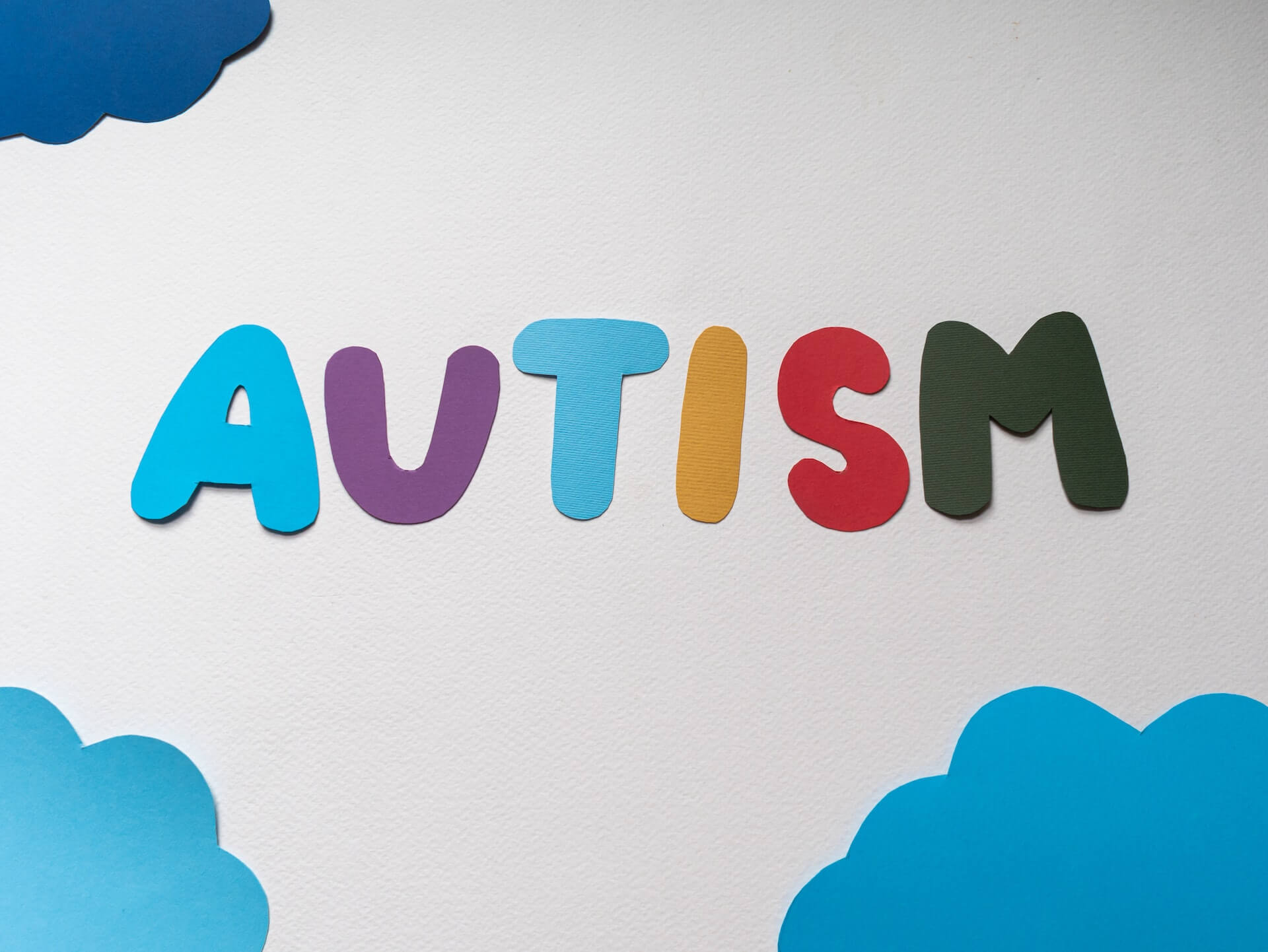What is Autism?
We are here to guide you through the process of getting the best care for your child.

Autism Spectrum Disorder (ASD) is a complex developmental condition that affects how individuals perceive, interact, and communicate with the world around them. The journey to understanding autism often begins with recognizing early signs and symptoms, followed by a thorough diagnosis process. It is crucial to provide appropriate therapeutic support to autistic individuals to help them thrive. In this article, we will explore the fundamentals of autism, its early indicators, the process of diagnosis, and the role of therapy in supporting autistic individuals.
Understanding Autism
Autism Spectrum Disorder is a neurodevelopmental condition characterized by a wide range of symptoms and varying degrees of severity. Individuals with ASD may experience difficulties in social interaction, communication, repetitive behaviors, and restricted interests. However, it’s essential to recognize that each autistic person is unique, and their experiences can significantly differ. The concept of the “spectrum” reflects this diversity and acknowledges that autism is not a one-size-fits-all condition.
What to Look For
- Delayed or inconsistent development of speech and language skills
- Difficulty with eye contact and nonverbal communication
- Repetitive behaviors, such as hand flapping or rocking
- Intense focus on specific interests or objects
- Sensitivity to sensory stimuli, such as lights, sounds, or textures
- Challenges in understanding and expressing emotions
It’s essential to keep in mind that these signs can vary from person to person, and not all autistic individuals will display every symptom.
Diagnosis Process
- Developmental screening: A preliminary assessment to identify any delays or concerns in a child’s development
- Comprehensive diagnostic evaluation: In-depth testing to assess cognitive, language, social, and motor skills
- Observational assessments: Structured interactions with the child to observe their behavior and social interactions
- Parent interviews: Gathering information about the child’s developmental history and family background
A proper diagnosis helps tailor interventions and support for the autistic individual and their family.
ABA Therapy
Applied Behavior Analysis (ABA) is an evidence-based approach that has gained widespread recognition for its effectiveness in supporting autistic individuals. ABA is grounded in the principles of behaviorism and focuses on understanding the relationship between an individual’s behavior and their environment. By systematically applying these principles, ABA aims to help autistic individuals develop essential skills, reduce problematic behaviors, and enhance their overall quality of life.
For a deep dive into ABA therapy check out this page – What is ABA?.
What's Next?
Understanding autism is an ongoing process that involves recognizing early signs, obtaining a thorough diagnosis, and providing the necessary therapeutic support. By fostering an environment of acceptance and understanding, we can help autistic individuals thrive and lead fulfilling lives.
If your child has been diagnosed with with Autism and are interested in evidence-based ABA therapy services, we would love to help.

